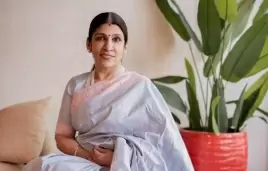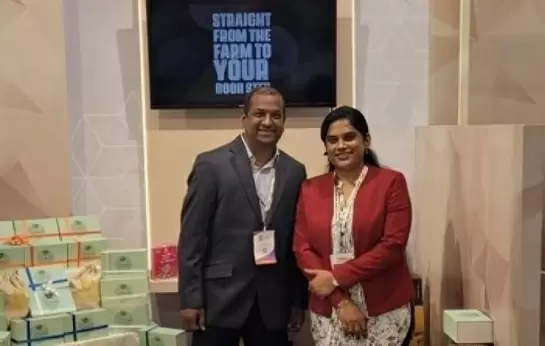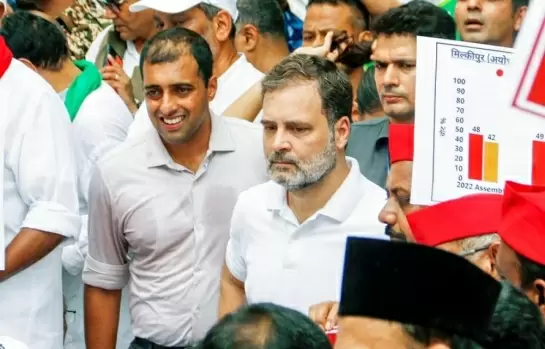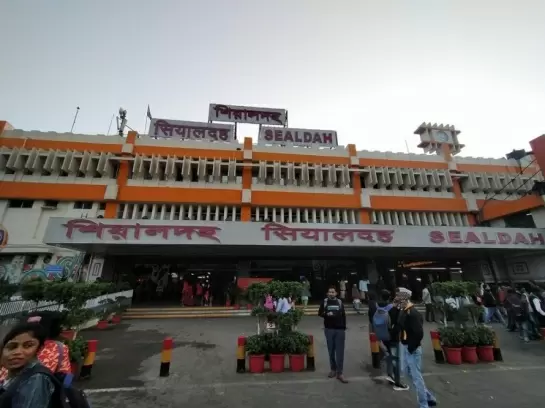How Wai Wai Noodles Brand Owner Became Nepal’s Only Billionaire with a Net Worth of $2 Billion

P C Vinoj Kumar
|
19-June-2025
Vol 16 | Issue 25
In a quiet street in Kathmandu nearly a century ago, a man walked from palace to palace selling fabrics. He carried bundles of sarees on his back, sometimes with the help of porters, hoping the royal women of Nepal would buy something from his collection.
That man was the grandfather of Binod Chaudhary, a name that today stands tall in the business world not just in Nepal but across continents.
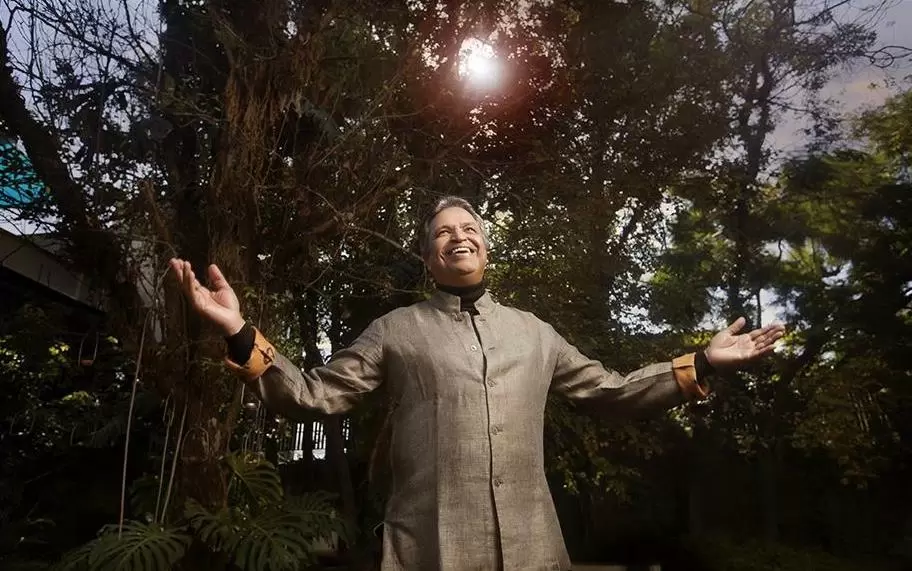
| Binod Chaudhary, the visionary behind Wai Wai noodles, turned a local brand into a global favourite (Photos: Special Arrangement) |
Binod Chaudhary is Nepal’s first and only billionaire as recognised by Forbes. As of mid-2025, his net worth is approximately USD 2 billion, according to Forbes Real-Time Billionaires, built through decades of hard work, resilience, and an eye for opportunity.
His group, CG Corp Global, is a multinational powerhouse that owns 122 companies across five continents. It has stakes in banking, insurance, finance, hospitality, real estate, education, telecom, and fast-moving consumer goods (FMCG).
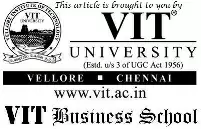
The group also controls Nabil Bank, Nepal’s largest private-sector commercial bank, and has joint ventures with global hotel brands such as Taj, Alila, Fern, and The Farm at San Benito. From real estate in Dubai to textile ventures in Africa, from wellness resorts in the Philippines to electronics and telecom, his reach continues to grow.
But among all his ventures, one name towers above the rest in popularity: Wai Wai noodles.
Back in the early 1980s, instant noodles were still a novelty in South Asia. But Binod had the foresight to sense the rise of fast food culture. In 1984, he launched Wai Wai noodles in Nepal, a unique product that was pre-cooked, flavoured, and could be eaten straight out of the packet. This was a major shift in food habits in a region where freshly cooked meals were the norm.
He recalled that even his own staff were sceptical. “Are you sure this will work?” they asked him. But Binod was convinced. He believed the product was not just good, but revolutionary. It was quick, tasty, and affordable. And he knew the world was moving in that direction.
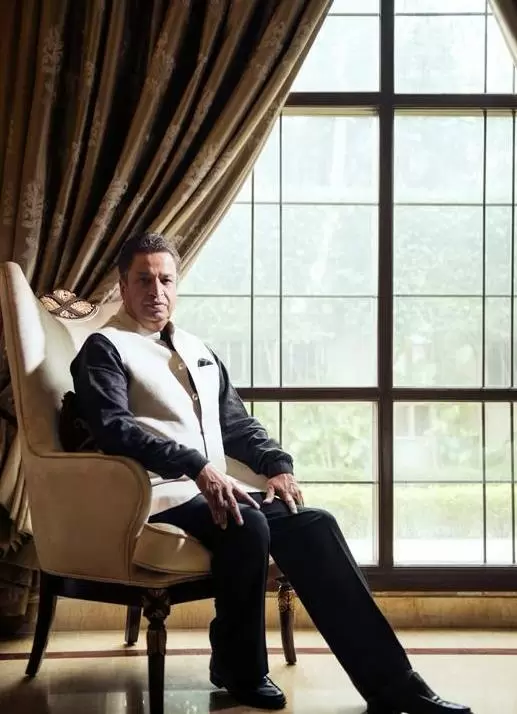
| Binod at the helm of his multinational empire with interests in food, hotels, banking, and more |
He turned out to be right.
Wai Wai soon became a household name in Nepal. Kids loved it. Office-goers found it convenient. Shopkeepers saw it flying off the shelves. The crunchiness and tangy flavour gave it an identity that was hard to ignore. Encouraged by this success, Binod set his sights on a far bigger and more challenging market - India.
Breaking into the Indian market was not easy. India was flooded with brands, dominated by major players, and defined by regional diversity in taste. But Binod decided to focus on what made Wai Wai different.
Unlike other noodles that had to be boiled and seasoned, Wai Wai could be eaten straight from the packet. It was not only instant, it was also fun. Kids loved to munch on it raw. College students would snack on it between classes.
He called it a ready-to-eat noodle, positioning it cleverly between snack and meal. That made all the difference.
Binod didn’t stop at branding. He paid attention to every detail, from pricing and packaging to distribution. He ensured that Wai Wai reached even the smallest of towns. To bring costs down and make supply easier, he began setting up production units within India. Slowly but surely, Wai Wai carved a space for itself.
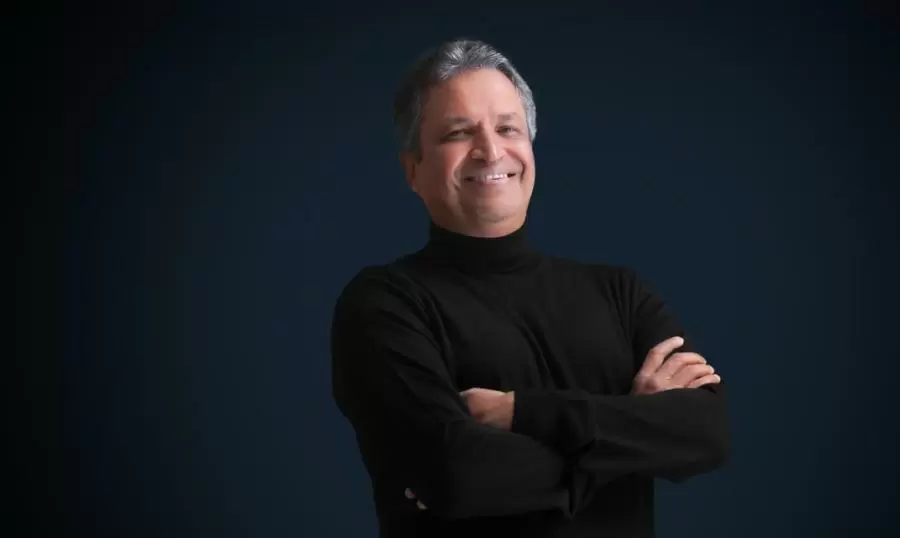
| Despite his $2 billion fortune, Binod often reflects on his family's humble beginnings in fabric trade |
Today, Wai Wai sells over a billion packets annually in India alone. It has become one of the most popular noodle brands in the subcontinent. The success of Wai Wai helped Binod expand into other sectors. He reinvested profits from the noodles business into real estate, finance, and especially hospitality.
One of his landmark moves was a partnership with India’s Taj Group. This led to a string of hotel ventures across Asia and beyond. He launched Zinc, CG Corp’s own global hotel brand.
His business now includes luxury resorts, city hotels, and wellness retreats. Properties in Sri Lanka, the Maldives, Dubai, the Philippines, and even remote regions in Africa bear his group’s name today.
Despite his wealth, Binod Chaudhary remains humble and grounded. His autobiography, Making It Big: The Inspiring Story of Nepal’s First Billionaire in His Own Words, opens not with a list of achievements, but with a deeply personal experience about a terrifying earthquake he and his wife survived while vacationing in Chile in 2010.
The 8.8 magnitude quake shook him to the core. Trapped in their hotel, struggling to connect with their family in Nepal, and unsure if they would survive, he realised the fragility of life.
In his own words, “Life is hope, a beginning, a dream to be realised” (Making It Big).
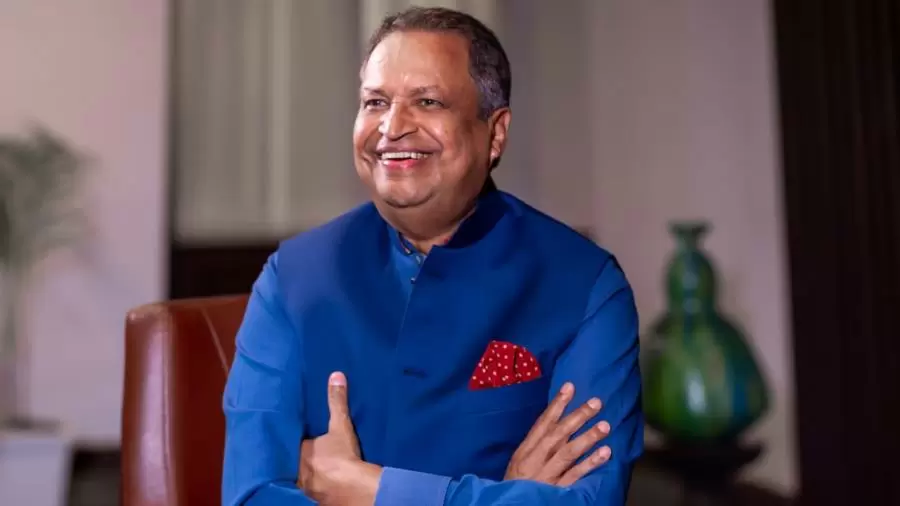
| Through the Chaudhary Foundation, Binod supports education, disaster relief, and rural development in Nepal |
Reflecting on the earthquake experience, he writes: “I was a man who had set out to conquer the world, but suddenly I had been brought to the realisation that my achievements, in which I took so much pride, could have been snatched away from me in a single moment.”
Binod’s values were shaped early. His grandfather’s shop was small, but his discipline was legendary. His father, who took over the family business, was equally daring. From a fabric store, he expanded into construction.
In the 1960s, he even took on the contract to build Kathmandu’s Soaltee Hotel, one of the earliest five-star hotels in Nepal. Though payment from the royal family was delayed, and the project nearly drained their finances, his father never gave up.
That resilience was passed on to Binod. He started helping in the family store from the age of 15, managing departments like Saree Sansar and Ghar Sansar. He remembers staying up late, stacking new arrivals and reaching out to loyal customers to tell them what was in stock. “Day in and day out, the sarees were folded out and then folded away,” he writes.
His grandfather used to take bundles of sarees to the palaces; he visited modern homes, offering the best products and ensuring satisfaction. The style had changed, but the spirit of entrepreneurship remained the same.
In the book, he reflects on his early childhood games, like collecting cigarette packets and using them as currency to trade marbles. “We were into a form of commerce even in our childhood,” he notes with pride.
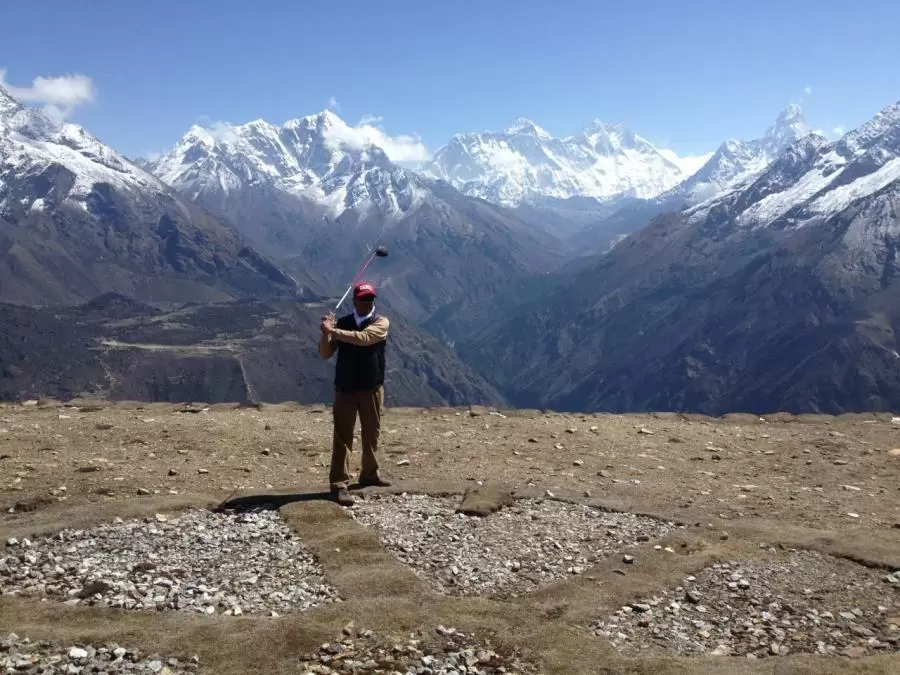
| An avid trekker and spiritual seeker, Binod believes in personal wellness and lifelong discipline |
Today, CG Corp is one of South Asia’s most dynamic business houses. But Binod hasn’t forgotten his roots. Through the Chaudhary Foundation, he supports disaster relief, schools, health programmes, and rural development. He is also a firm believer in personal wellness, spirituality, and discipline. He’s an avid trekker and a follower of Sri Sri Ravi Shankar.
Binod’s story is one of vision and courage, but also of humility and heart. He was once a little boy who rolled a tyre down the streets of Kathmandu, dreaming of faraway places. That boy grew up to chase not just planes, but possibilities. And even now, he hasn’t stopped dreaming.
As he puts it in Making It Big, “I might have earned billions of dollars, but my most treasured possessions are my experiences and my memories.” - ©TWL



